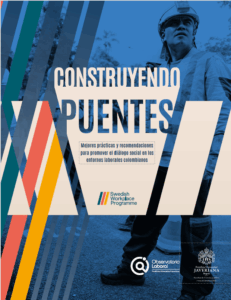Article: by Evalena Persson, Programme Manager, Swedish Workplace Programme , Asia
This piece was first published in SustainableVN on March 28, 2022.

What you help to create, you value more.
Have you heard about the IKEA effect? Consumers who play a partial role in building something, tend to assign a disproportionally higher value to the completed product.
This human behaviour was described as the IKEA effect in the Journal of Consumer Psychology, July 2012. And it is not true only for consumers and products. The same applies for workplaces. To make employees feel engaged, and committed to the organisation and its goals, you need to include them, let them come with ideas and concerns and be part of the solution to challenges at the workplace.
There is a clear connection between a high rate of employee engagement and increased productivity and profitability*. Research also shows that people who get the chance to make their voices heard and who feel included at the workplace are more likely to feel engaged*.
Therefore, it is crucial for companies to promote a cooperative workplace – to enable a culture of trust and dialogue where managers and employees listen to each other and where everybody has the right to make their voices heard. No matter if you work on the factory floor, if you are a man, a woman, senior or junior.
Establish a platform for dialogue
To make a real change and create a psychological safe climate where employees dare to make their voices heard, all individuals in the company need to behave in a new way. We all know that changing behaviour takes time, and you need to work on it continuously and be persistent. Top managers are important role models and the committee members important change agents.
A good first step to enable workplace cooperation is to establish a workplace committee as a platform for dialogue between management and employees. The purpose of the committee is to find joint solutions to challenges in the workplace. A workplace committee should be representative for the company and include managers and employees from different departments, gender, and age. The dialogue climate in the committee should be permeated by trust and respect where managers and employees really listen to each other. An important task for the committee members is to reach out also to employees outside the committee to collect feed-back and concerns. This “infrastructure” for workplace cooperation is important. But it is not enough.
Inclusive behaviours
Inspired by the Swedish diversity and inclusion expert Gabriella Fägerlind and the Nansen Institute for Peace and Dialogue, we have summarised 12 inclusive behaviours which are important to creating a culture of psychological safety and inclusion at the workplace.
What behaviours can be improved at your workplace?
- Be respectful: Be respectful to each other, no matter of age, gender or working title.
- Value differences: Allow, acknowledge, appreciate, respect and value differences.
- Use and develop potential: Have knowledge of, use and develop employee’s competence and potential.
- Be transparent: Share information, knowledge and intentions.
- Communicate clearly: Communicate clearly, directly, and honestly, with intercultural awareness. Ensure you use the same definition of terms.
- Listen actively : Think about what the other person is saying, not what you are going to say next. Make sure all voices are heard.
- Be open to new ideas: Listen to ideas that can develop the operations.
- Do not force someone to change: Do not try to force or persuade the other to change their mind but try to understand the other.
- Share mistakes: View mistakes as opportunities for learning.
- Ask questions: Ask questions to understand and learn.
- Resolve conflicts: Address misunderstandings and resolve conflicts as soon as possible.
- React on exclusion: Speak up if you think people get excluded, ridiculed, or ignored.
A key factor behind success
Sweden is not just known for the furniture retailer IKEA. The country is also well-known for its strong tradition of workplace cooperation and employee participation. Partnerships between managers and employees and unions and employer organisations has been a key factor behind Sweden’s progress, and many successful and innovative Swedish companies.
It is a win-win system: workers win by gaining influence and better working conditions; companies win from a constructive working atmosphere and increased productivity; society wins from inclusive growth and social stability
*Harvard Business Review: Employee Engagement Does More than Boost Productivity (hbr.org)




